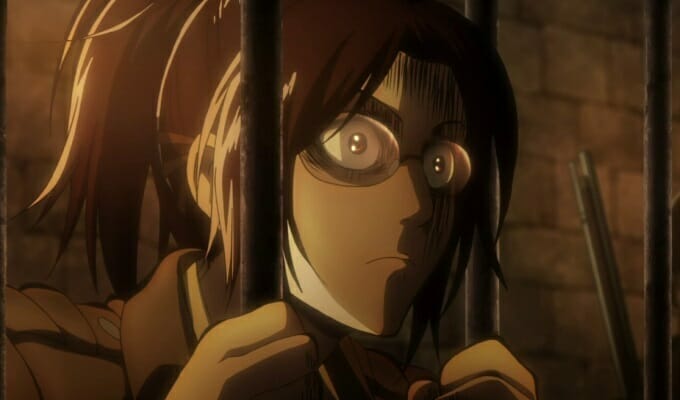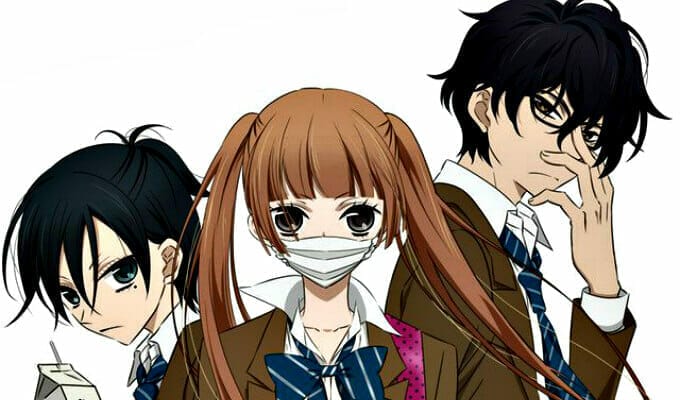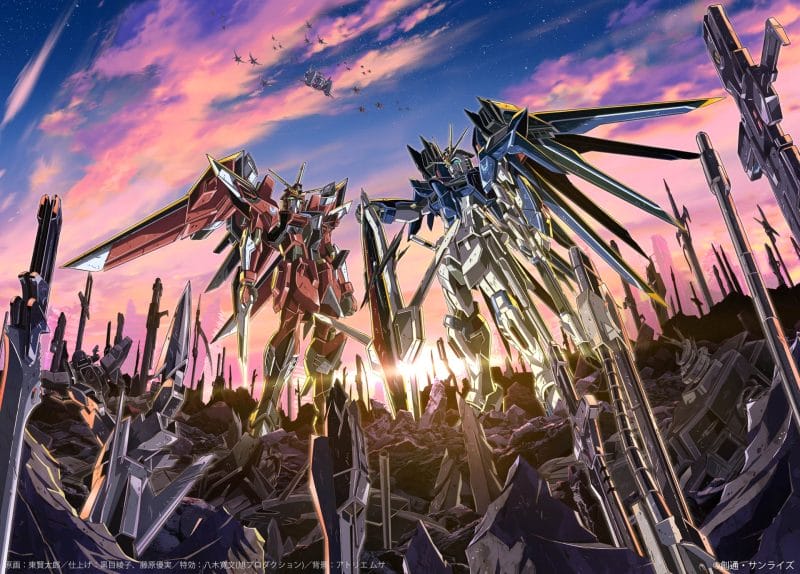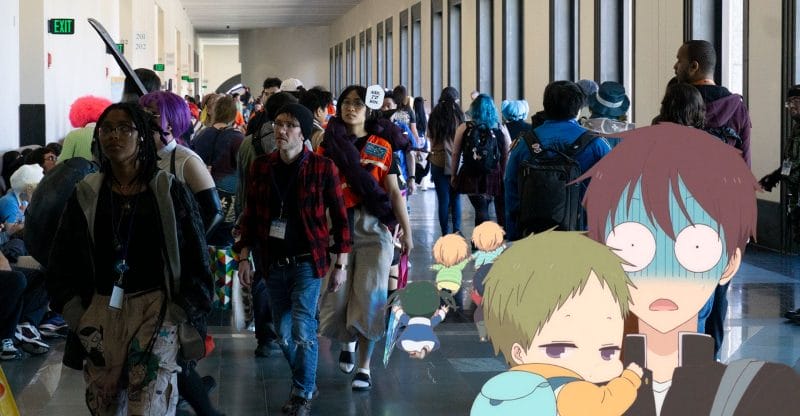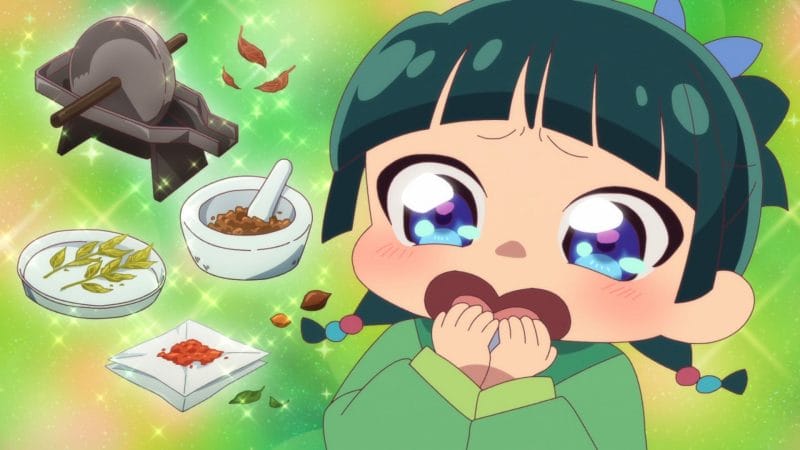 Yesterday, ICv2 reported that six volumes of the Attack on Titan manga took six spots out of the top 20 in Nielsen Bookscan’s list of top graphic novel sales for May. The breakdown is as follows:
Yesterday, ICv2 reported that six volumes of the Attack on Titan manga took six spots out of the top 20 in Nielsen Bookscan’s list of top graphic novel sales for May. The breakdown is as follows:
- #1: Volume 12
- #2: Volume 1
- #11: Volume 2
- #14: Volume 3
- #17 Volume 4
- #19: Volume 9
The announcement comes hot on the heels of Oricon’s revelation that, in Japan, Attack on Titan was the top seller for the first half of 2014. The series moved 8.3 million volumes, utterly dominating the charts and unseating One Piece, which sat uncontested in the #1 spot for five-years.
So, let’s take a minute to really appreciate that. In the United States, Attack on Titan outsold manga heavyweights like Sailor Moon, Naruto, and Bleach. It outsold western hits, like Saga, The Walking Dead, and The Avengers. Hell, Attack on Titan outsold Batman! Freaking Batman!
In Japan, the series was the only thing that could unseat One Piece from its coveted top spot. To rub a bit more salt into the wound, Attack on Titan didn’t simply surpass One Piece. It utterly dominated, with over 3.3 million more copies sold over a half-year period.
Honestly, the strength of Attack on Titan continues to astound me. It’s a series that’s managed to pull in fans from all walks of life, to the point that those who don’t watch anime or read manga are being enticed. Upon its release, the anime series rocketed to the top of the sales charts, surpassing even treasured classics like Star Wars and modern hits like The Hobbit.
In short, the series is freaking huge. In the west, the response to Attack on Titan isn’t unlike the western response to Cowboy Bebop. It’s a series that doesn’t get too wrapped up in its cultural trappings, and instead focuses on telling a strong, exciting story with well-developed characters. The world has a rich history, which is delivered in small enough bits that viewers don’t start rolling their eyes when the exposition begins.
In Japan, it’s been nothing short of incredible, though. to see the market swing from the generally lighthearted tales of Luffy and the Going Merry crew to the grim world of the Titans is nothing short of fascinating. Attack on Titan is essentially the anti-moe. It’s dark, it’s gritty, and it’s peppered with cynical commentary on the greater world. It’s dense, and it tends to avoid pandering to the markets would line up for shows like Nichijou or K-On. Just five years ago, it wouldn’t be unheard of for someone to argue that a title of this nature would flounder in the market as a whole.
Attack on Titan’s sales have sent a fairly clear message to the greater market. Specifically, each sale is a user voting with his or her wallet, stating in the most universal way that s/he wants titles of this nature. A sizable number of customers are blatantly stating that they want titles that are intricate and detailed. That they want a series that may not always be the most accessible, but at the same time, doesn’t dilute its message nor does it get tied up in the common tropes and trappings of the current cultural landscape.
But, most of all, they want a series that’s freaking cool.
Hopefully, the sales results will lead to more daring moves from both manga creators and publishers alike. There is an appetite for titles that may not always fit into the common genres or tropes, and there is always a risk in venturing outside of the comfortable, safe boxes set by the current fans. However, as evidenced by Attack on Titan, the potential rewards for such risks are enormous. And, as the “safe approach” grows riskier by the day, one can only wonder before these parties are forced with the choice of forging new ground, or utter irrelevance.


